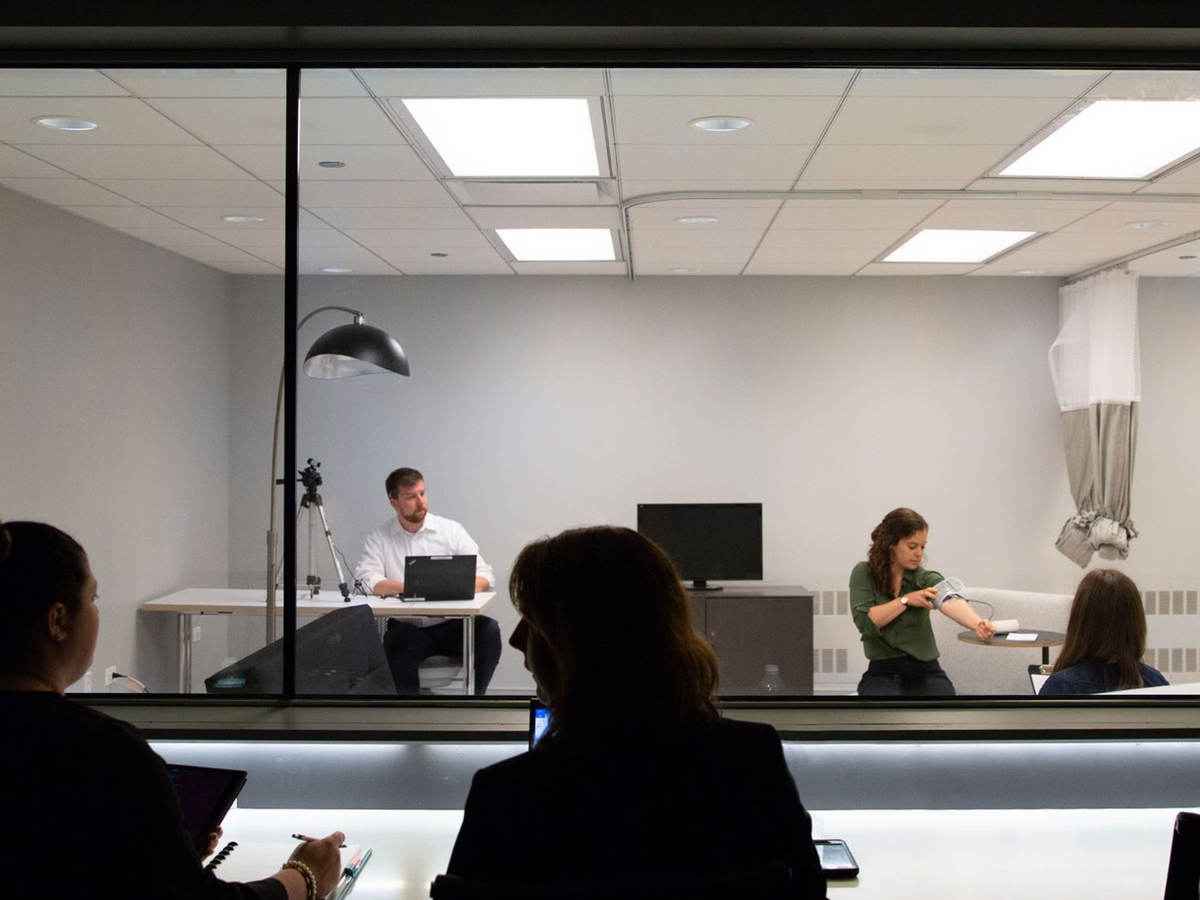May 29, 2020
EMERGO BY UL SUMMARY OF KEY POINTS:
- FDA recognizes the constraints that COVID-19 has placed on in-person testing, but emphasized the importance of seeking FDA review and confirmation before adjusting any in-person HF validation testing to be conducted remotely;
- If developing a generic or biosimilar, seek to minimize differences between it and the Reference Listed Drug (RLD) when seeking the Abbreviated New Drug Application (ANDA) pathway;
- FDA continues to focus on the need to develop a robust use-related risk analysis and ensure that use-related risk mitigations have been effectively evaluated during HF validation testing.
Last week, the Human Factors and Ergonomics Society’s first ever virtual Health Care Symposium took place. Although the symposium is a yearly occurrence, this year it took a slightly different form (i.e., online). Despite this remote format, the event still provided ample opportunity to hear the latest and greatest from fellow consultants, regulators, manufacturers, and researchers on human factors in the medical field.
FDA representatives from the Center for Drug Evaluation and Research (CDER) and the Center for Devices and Radiological Health (CDRH) attended the symposium and engaged with other attendees, sharing their perspectives during workshops, panels, and presentations.
Below are some key takeaways from FDA officials’ insights and perspectives shared at the symposium:
- Seek FDA input and review when considering remote testing or other methodological changes in light of COVID-19. A frequent discussion topic and question during the conference was, unsurprisingly, how to handle human factors (HF) validation testing in light of COVID restrictions. Attendees and regulators alike agreed that there continue to be opportunities to conduct desktop-based analysis tasks and formative evaluations, albeit oftentimes now in a remote format. However, the question remains if a remote testing format will be sufficiently representative to collect accurate HF validation data. FDA representatives encouraged discussing these approaches with them directly, on a case-by-case basis. Importantly, FDA representatives emphasized that a manufacturer would be proceeding “at risk” by changing from an in-person to remote methodology without FDA buy-in, even with approval on a pre-COVID protocol pre-submission.
- FDA review timelines have not changed. The Agency representatives confirmed that they are continuing to review submissions and that their timelines have not changed during this health crisis. That said, they are prioritizing Emergency Use Authorizations (EUAs) and breakthrough devices, which do follow a more expedited timeline. On the flip side, however, future review timelines could be extended if the Agency’s review capacity is limited by the need to prioritize COVID-related submissions or inquiries.
- For CDER, document all findings, even if they are deemed “non-critical.” As we can see in the various guidance documents, CDRH and CDER have different definitions for “critical tasks”: CDER defines such tasks as those associated with the potential for any harm, whereas CDRH defines them based on the potential for serious harm. CDER is also interested in any use-related failures that might lead to dosing or medication errors. Manufacturers should consider impacts to dosing, drug administration, or the urgency/timing of drug delivery—in other words, aspects that might lead to compromised medical care. Lastly, CDER representatives indicated they expect to see all data, even if deemed non-critical, because repeated non-critical interaction issues could indicate an issue with the device.
- Robust use-related risk analysis continues to be pivotal. Each year, the FDA provides consistent feedback regarding the importance of the use-related risk analysis. The FDA shared data describing the most frequent deficiencies among submissions; they cited that inadequate, incomplete, or inconsistent use-related risk analyses (URRAs) continue to be among the most common deficiencies. The Agency representatives reiterated the importance of conducting a thorough URRA and documenting this URRA in a clear and comprehensive manner.
- Ensure training is representative of real-world intended use. As described in FDA’s CDRH final HFE guidance, training provided during HF validation testing should be as representative as possible to the intended training for real-world use. As such, if there are no controls in place to ensure training is provided during actual use, then it might be appropriate to exclude training for participants during an HF validation test. Relatedly, participants should not be artificially encouraged to self-train if they might not do so during actual use. Instead of providing time for them to “familiarize” themselves with the product, they should instead be provided with the product and left to take whatever steps they might normally take (which may or may not include independent familiarization before beginning a task). As always, if there is uncertainty regarding how to replicate intended training during an HF validation test, seek FDA’s review and confirmation on the proposed method before proceeding.
- Seek to minimize UI differences when developing a generic or biosimilar. CDER representatives dove into the details of one of their draft guidance documents, Comparative Analyses and Related Comparative Use Human Factors Studies for a Drug-Device Combination Product Submitted in an ANDA. Most notably, despite industry’s strong desire to focus on product improvements, the Agency emphasized the importance of seeking to minimize user interface differences between the RLD and the proposed generic/biosimilar, even if modifications would optimize the design. The reason for this is that an ANDA approval relies on the Agency’s assessment of “sameness” with regard to the safety and efficacy of the RLD vs. the proposed new product. If choosing to follow the ANDA path, in the words of the Agency, they approve “biosimilars, not biobetters.”
- Consult the FDA before proceeding with a Comparative Use Human Factors Study. When pursuing an ANDA pathway, if your threshold analysis identifies “other differences” that might indicate the need for additional HF data, consult with the Agency prior to conducting a Comparative Use Human Factors (CUHF) study. This is to ensure that methodological decisions (e.g., sample size, study design, appropriate delta) are in line with their expectations. Notably, CDER also mentioned that consulting with the FDA might reveal that a CUHF study is not needed, despite identifying “other differences” during the threshold analysis.
As always, FDA representatives encouraged manufacturers to contact them or the FDA project manager via appropriate channels with any questions or to get input on a specific situation.
Watch the webinar for more human factors insights
Emergo by UL’s Human Factors Research & Design (HFR&D) team will be presenting a webinar on June 3, 2020 titled “Combination products: Common use errors and design considerations,” which will further explore some of these topics.
Laura Birmingham and Rachel Aronchick are both Managing Human Factors Specialists in Emergo by UL’s HFR&D division.
Additional HFE and usability resources from Emergo by UL:
- Human factors engineering (HFE) research support for medical devices and IVDs
- Medical device and product evaluation support
- US FDA Pre-Sub (Q-Sub) consulting for medical device manufacturers
- Webinar: Meeting FDA expectations for HFE activities
Request more information from our specialist
Thanks for your interest in our products and services. Let's collect some information so we can connect you with the right person.







